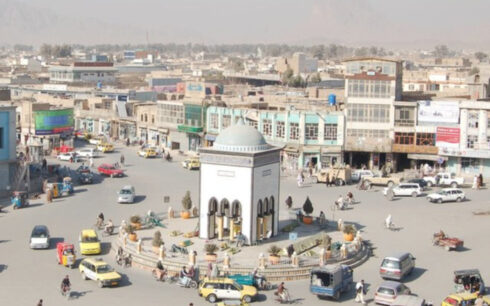Over the past three months, Taliban leader Hibatullah Akhundzada has repeatedly called for obedience and unity among Taliban members. On Sunday, Akhundzada met with local Taliban officials and forces in Ghor province, emphasizing these themes, according to deputy spokesperson Hameedullah Fitrat.
Akhundzada’s focus on obedience is not new. He has consistently underscored the importance of adherence to his directives and unity within the Taliban, even stating that he would step down if it would promote cohesion. “If your unity removes me from this position, I will be happy; but I am not happy with division among you,” Akhundzada said during Eid al-Adha prayers in Kandahar.
In an audio recording attributed to him, Akhundzada addressed worshippers, emphasizing unity among the Taliban, even at the cost of his leadership. He provided guidance on consolidating the Islamic system, implementing Sharia law, protecting the objectives of jihad, promoting Islamic ideology, obeying commanders, showing compassion towards subordinates, avoiding disputes, and serving Muslims well, according to Fitrat.
In May, Akhundzada traveled from Kandahar to Kabul, where he reiterated his message of obedience and unity in meetings with Taliban officials. These statements come amid reports that some countries are engaging with other influential Taliban figures.
Earlier this year, acting Taliban Defense Minister Mohammad Yaqoob Mujahid traveled to Doha for meetings with Qatari officials. In June, acting Taliban Interior Minister Sirajuddin Haqqani, despite facing high sanctions and travel bans, visited the United Arab Emirates and Saudi Arabia for the Hajj pilgrimage, accompanied by Taliban intelligence chief Abdul Haq Wasiq and Anas Haqqani, his younger brother.
However, Akhundzada’s statements have notably excluded human rights issues, particularly the education and employment of women and girls, a point of criticism from Afghan citizens. “We call on the Taliban leader that as there is no business in Afghanistan; while security is ensured, security cannot feed people, so work opportunities should be addressed and schools and universities for girls reopened,” a Kabul resident said.
Reports indicate that women’s and girls’ education and work remain contentious issues within the Taliban, with some officials publicly expressing conflicting views.





